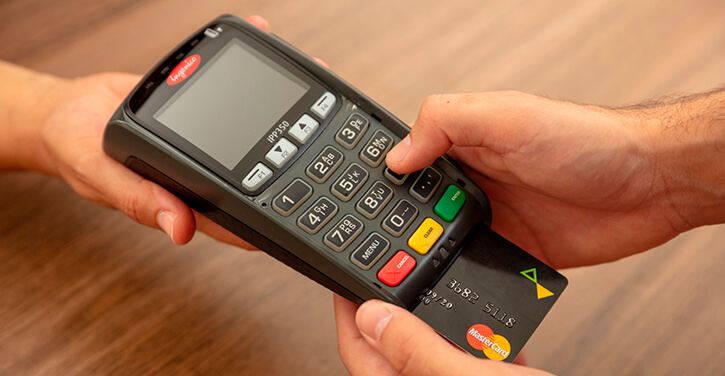
The payments company is currently deciding which crypto assets to support based on criteria including compliance and security
Mastercard announced yesterday it will start supporting cryptocurrencies directly on its network later this year. The payments giant analysed aggregated data and found that many of its customers were using their cards to buy digital assets, as well as making use of crypto cards.
Mastercard realised that cryptocurrencies are now becoming a more important component of the payments system and so they want to give customers, merchants and businesses the choice to move digital value in whichever way they want. This innovation could help vendors build loyalty with existing customers who want to use crypto, while also opening them up to new customers.
The payments company is currently preparing for the change and deciding which digital assets to support. Many cryptocurrencies won’t meet Mastercard’s requirements as they need to tighten their compliance measures. Mastercard will be keeping an eye out for which stablecoins the crypto community flocks to for their security and reliability and adding those ones to the network.
There are four criteria Mastercard will be looking for in a digital asset before supporting it. As Mastercard provides payment services, the crypto asset will need to have utility as a stable method of spending, rather than investing. The currency must adhere to local laws and regulations in the areas it is used. There will also need to be strict compliance protocols such as know your customer (KYC) measures.
Lastly and most importantly, Mastercard must be able to offer the same high standard of consumer protections as they do for their credit cards. This includes keeping customer information private and secure.
Mastercard has already been involved in many crypto collaborations, such as creating cryptocurrency cards for BitPay and Wirex last year, as well as for crypto exchange LVL this year. These partnerships involve the crypto companies converting the digital assets to fiat before sending them through the Mastercard network, so the move to support digital assets directly will cut out inefficiencies and allow more merchants to accept cryptocurrencies as payment.
Mastercard is also currently working with various governments on their development of central bank digital currencies (CBDCs) and last year launched a test platform to help banks assess CBDCs. The payments company already has one of the largest blockchain patent portfolios in the industry, including 89 blockchain patents and 285 pending blockchain applications, and is working to be a part of the future of payments and crypto.

